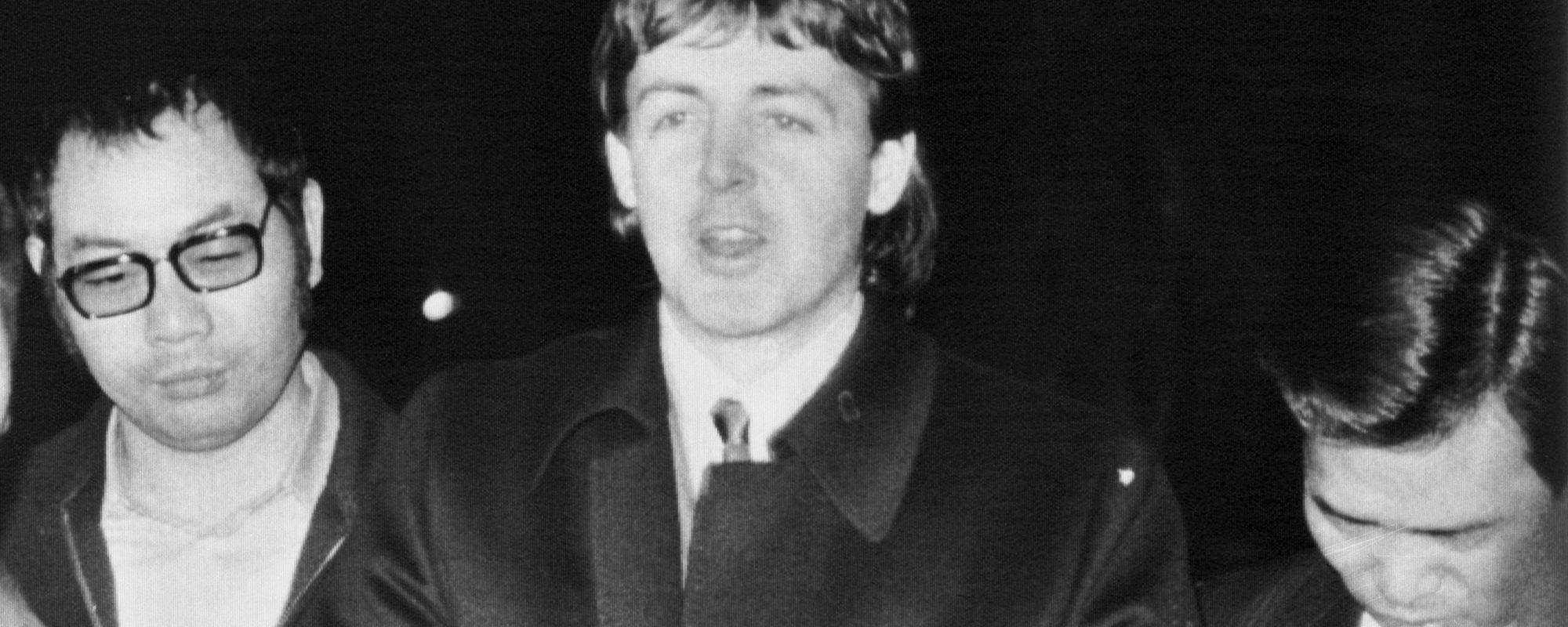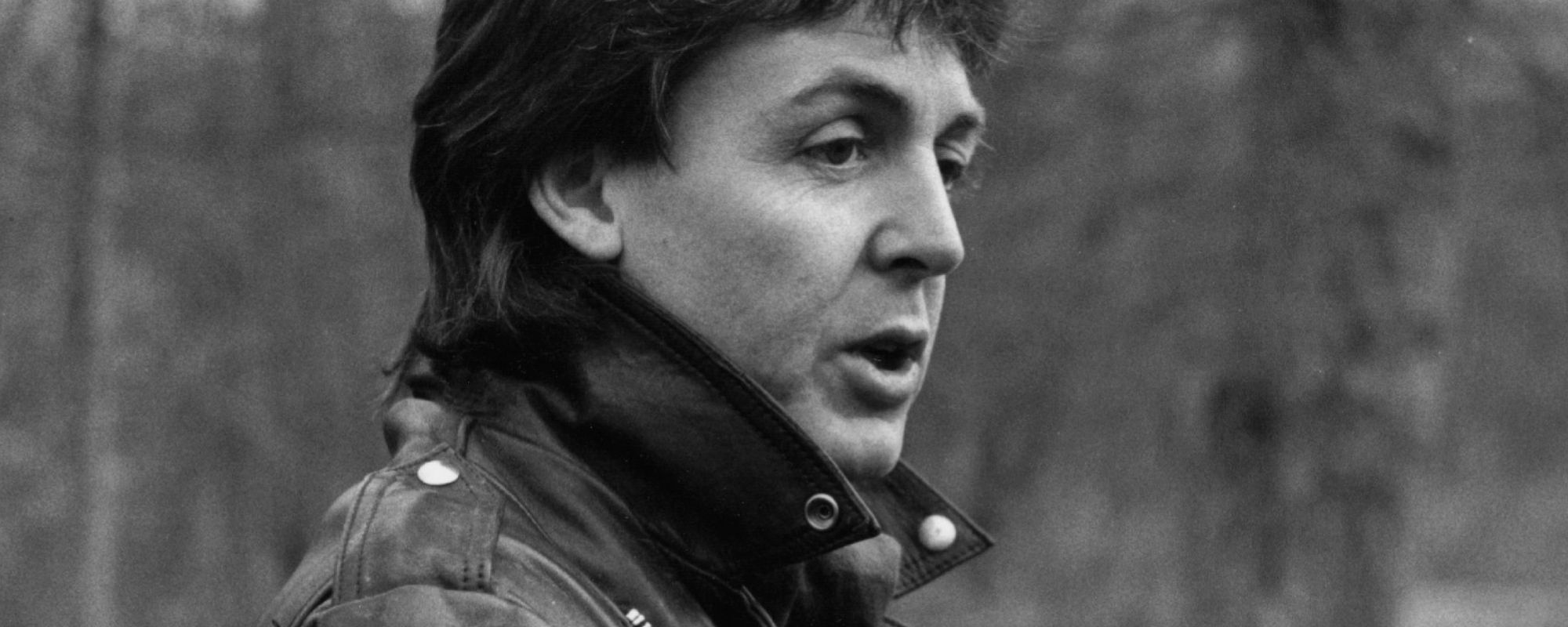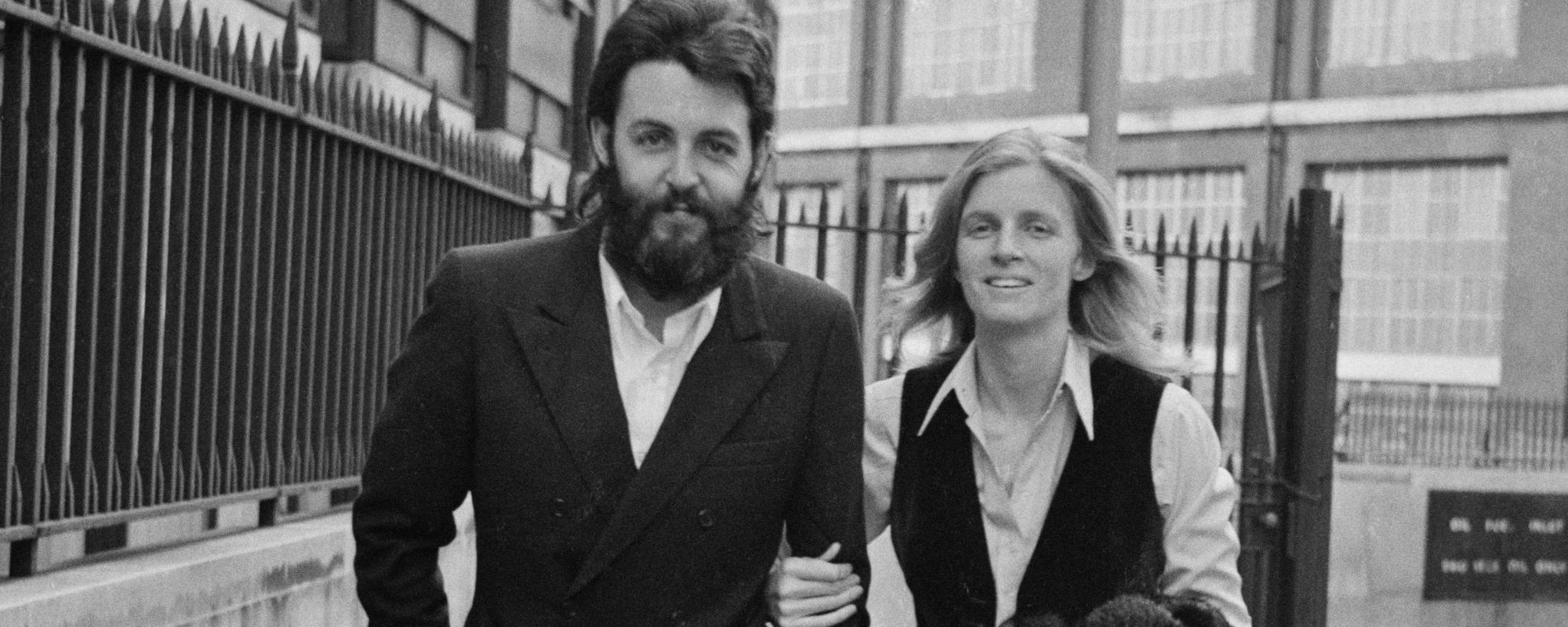In 2007, Paul McCartney released his 14th album, Memory Almost Full. It was recorded around the same time as his previous album, Chaos And Creation In The Backyard, which dropped in 2005. However, this album was McCartney’s first that was not released on the label EMI.
Videos by American Songwriter
Instead, Memory Almost Full was McCartney’s first album with Starbucks’ Hear Music label. After learning that there would be a six-month period of promotional planning for the album with EMI, McCartney left EMI, becoming the first artist to sign with Hear Music.
As a result, it’s possible that Memory Almost Full became more commercialized when it was released. There were several strategies that went into promoting the album. One was a listening party at more than 10,000 Starbucks globally, while another saw fans contributing to a video filmed at 10 different Starbucks locations.
At the listening party, which occurred on the day of the U.S. release, more than 6 million people heard the album. There was also a limited edition Paul McCartney Starbucks card. This promo strategy was also used for Ray Charles’ Genius Loves Company.
Paul McCartney Turns to Starbucks After Leaving His Long-Time Record Label
Paul McCartney’s new label partnership didn’t last that long, however. Hear Music began distributing CDs in Starbucks in 2005, but didn’t sign anyone until McCartney in 2007.
In 2005, Alanis Morissette partnered with Hear Music to release an acoustic CD of Jagged Little Pill for the album’s 10th anniversary. It was sold exclusively in Starbucks locations. However, it also caused a rift with Maverick Records and HMV Canada, Morissette’s label and music distributor. They pulled Morissette’s other albums from retailers until the Starbucks sale ended.
Still, Hear Music found some success before it folded. With Ray Charles’ Genius Loves Company, released in 2004, 25 percent of the 2.86 million records bought were sold at Starbucks locations.
In 2008, Hear Music folded around the same time that Starbucks closed 600 stores. While the label had attracted some big names, like Joni Mitchell and Carly Simon, ultimately it wasn’t sustainable. Paul McCartney eventually went back to EMI/Capitol Records, and the rest is history.
Photo by Kevin Mazur/WireImage













Leave a Reply
Only members can comment. Become a member. Already a member? Log in.